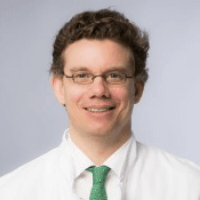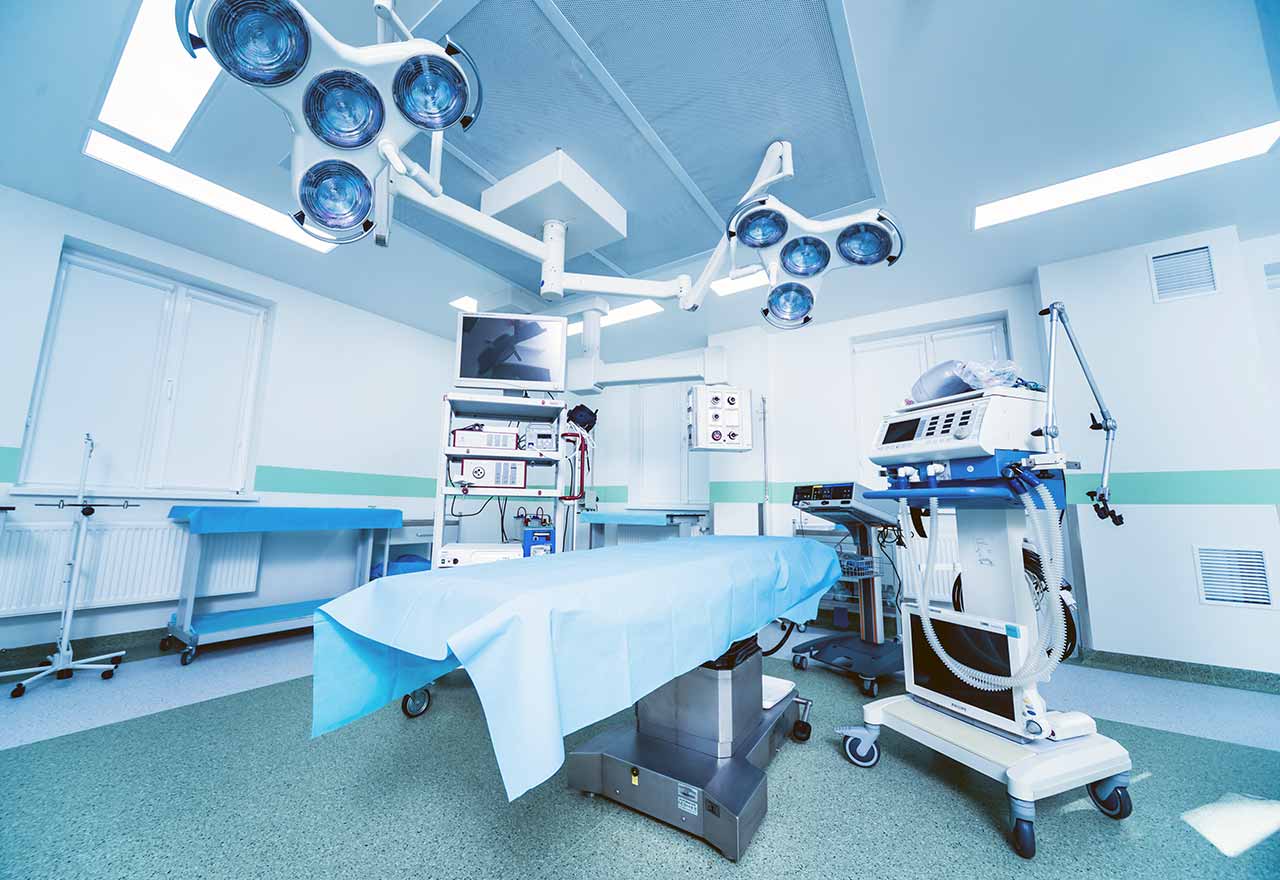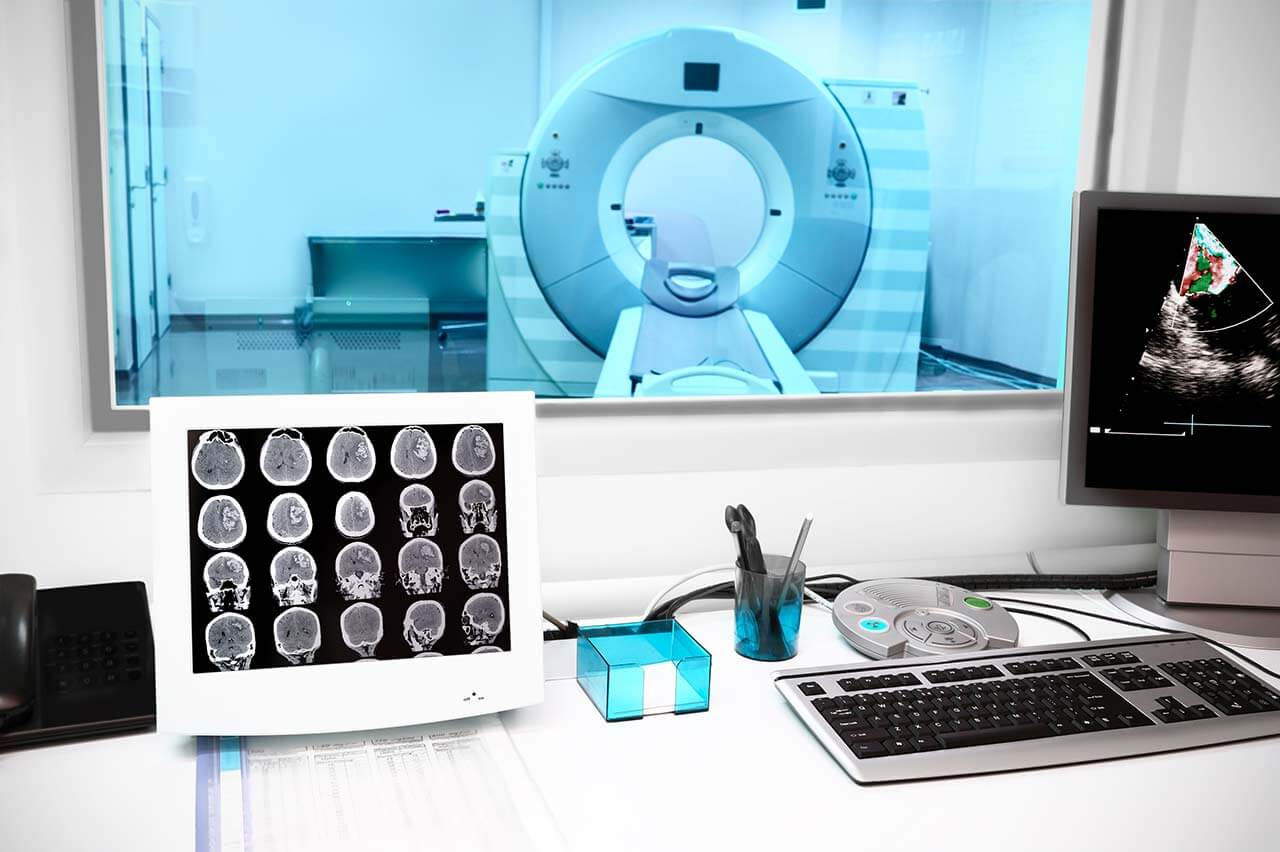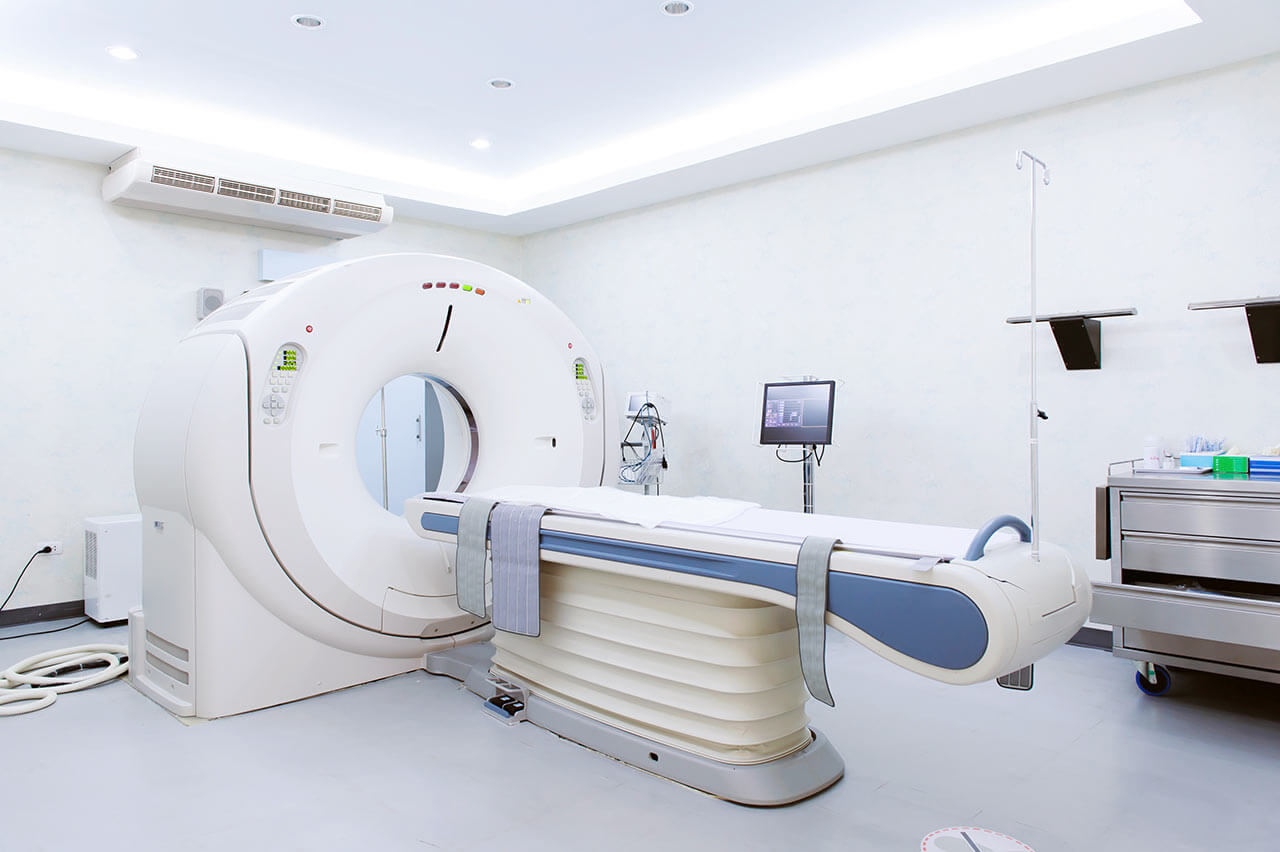
The program includes:
- Initial presentation in the clinic
- clinical history taking
- review of medical records
- physical examination
- laboratory tests:
- complete blood count
- general urine analysis
- biochemical analysis of blood
- inflammation indicators (CRP, ESR)
- indicators of blood coagulation
- anti-nuclear antibodies
- rheumatoid factor (RF)
- anti-cyclic citrullinated peptide (anti-CCP)
- x-ray scan
- ultrasound of joints
- MRI scan (on indication 1200 €)
- nursing services
- differential diagnosis of other diseases of the joints
- consultation of related specialists
- consultation of the chief physician and all leading experts
- development of individual treatment plan
- written statement
Required documents
- Medical records
Service
You may also book:
 Price:
Price:
About the department
The Department of Nephrology, Rheumatology, Endocrinology and Kidney Transplantation at the University Hospital Hamburg-Eppendorf offers the full range of medical services in these fields. The department's doctors are recognized experts in the diagnostics and treatment of kidney diseases, hypertension, rheumatic diseases, endocrine disorders, diabetes mellitus, morbid obesity and lipid spectrum disorders. The department is headed by Prof. Dr. med. Tobias B. Huber.
With more than 80 kidney transplantations yearly, the department has an excellent reputation in this field at the national and international levels. It also performs combined kidney and pancreas transplantation. In addition, the service range covers the preparation for transplantation and follow-up care for patients.
The department offers all types of renal replacement therapy, including hemodialysis, hemofiltration, hemodiafiltration, peritoneal dialysis. The therapeutic options also include lipid apheresis, plasma separation and immunoadsorption. The department conducts about 8,000 renal replacement therapy procedures annually.
The service range of the department includes:
- Diagnostics and treatment of kidney diseases
- Acute and chronic kidney failure
- Primary kidney diseases
- Systemic diseases with kidney lesion
- Inflammatory kidney diseases (glomerulonephritis)
- Diagnostics and treatment of all types of hypertension
- Preparation for kidney transplantation and follow-up care
- Kidney transplantation, including combined kidney and pancreas transplantations
- Dialysis procedures
- Hemodialysis
- Hemofiltration
- Hemodiafiltration
- Peritoneal dialysis
- Lipid apheresis
- Plasma separation
- Immunoadsorption
- Diagnostics and treatment of rheumatic diseases
- Diagnostics and treatment of endocrine diseases and diabetes mellitus
- Pituitary diseases
- Hormone-producing tumors (prolactinomas, Cushing's disease, acromegaly, etc.)
- Hormonally inactive tumors
- Pituitary dysfunction (anterior and posterior lobes), which causes a deficiency of the corresponding hormones
- Thyroid and parathyroid diseases
- Hyperthyroidism (for example, Graves' disease, adenoma) and hypothyroidism (for example, Hashimoto's disease)
- Enlarged thyroid gland (goiter)
- Thyroid nodules and tumors
- Conservative therapy of thyroid nodules, also with the most modern thermal ablation procedures (radiofrequency ablation, microwave ablation)
- Parathyroid hyperfunction (hyperparathyroidism) accompanied by secondary diseases (osteoporosis, kidney stones, etc.)
- Adrenal gland diseases
- Hormone-producing tumors of the adrenal cortex (Cushing's disease, Conn's syndrome, tumors, which produce sex hormones) and pheochromocytoma
- Incidentalomas
- Adrenal cortex dysfunction (Addison's disease)
- Insulinomas (insulin-producing pancreatic tumors)
- Type 1 and 2 diabetes mellitus
- Pituitary diseases
- Diagnostics and treatment of morbid obesity (within the Center of Competence)
- Diet therapy
- Drug therapy
- Endoscopic therapy (EndoBarrier)
- Surgical treatment (sleeve gastroplasty, gastric banding, biliopancreatic diversion, gastric bypass surgery)
- Behavioral therapy
- Diagnostics and treatment of lipid metabolism disorders
- Familial hypercholesterolemia with LDL receptor defects
- Familial hypercholesterolemia in ligand defects (Apo B 3500 mutations)
- Mixed hyperlipoproteinemias, type III hyperlipidemia, hypertriglyceridemia
- Increased lipoprotein levels
- Secondary hyperlipoproteinemia in diabetes mellitus
- Chylomicronemia syndrome with and without pancreatitis
- Tangier disease
- Other medical services
Curriculum vitae
Prof. Huber is a German nephrologist and therapist. He holds the position of the Professor and Head of the Department of Nephrology, Rheumatology, Endocrinology and Kidney Transplantation at the University Hospital Hamburg-Eppendorf. Previously, he headed the Department for Chronic Kidney Disease at the University Hospital Freiburg. Dr. Huber is known worldwide for his scientific work on the molecular structure and function of the kidney filter.
The doctor studied Human Medicine in Freiburg, Vienna and Tampa (USA), 1992 - 1999. After receiving his Doctoral Degree at the Freiburg Institute of Physiology, he worked as an Assistant Physician in the Department of Nephrology at the University Hospital Freiburg. Since 2003 till 2006, he was engaged in research activities as a Scholar (Emmy Noether Scholarship) of the German Research Foundation in the Department of Immunology and Pathology at the Washington University in St. Louis (USA). In 2007, he had his habilitation and board certification in Internal Medicine. Also, at this time, Dr. Huber headed the Emmy Noether Research Group in Freiburg. In 2012, he took part in the Heisenberg Programme. Since 2013, he is W3 Heisenberg Professor in Nephrology in Freiburg. Since 2015 till 2017, Dr. Huber worked as a Deputy Head of the Department of Nephrology and Internal Medicine, as well as the Head of the Department for Chronic Kidney Diseases at the University Hospital Freiburg. Also, he was a Co-Director of the Center for BioSystem Analysis (ZBSA). Since April 2017, Dr. Huber has been the Head of the Department of Nephrology, Rheumatology, Endocrinology and Kidney Transplantation at the University Hospital Hamburg-Eppendorf.
Scientific Contribution
Prof. Huber and his team made an important contributions to understanding renal function and the pathogenesis of kidney diseases. The researches are aimed at studying complex signaling processes in the development and progression of kidney pathologies. Huber's team identified several molecular mechanisms responsible for the formation of kidney failure, aging and pathological changes in the kidneys.
Membership in Scientific Societies
- German Society of Nephrology.
- American Society of Nephrology.
- German Society of Internal Medicine.
- American Society for Clinical Investigation.
Awards and Honors (selected)
Prof. Huber was awarded several national and international prizes for kidney researches. In addition to research scholarship of the German Nephrology Foundation (2002), the German Society of Nephrology awarded him the Carl Ludwig Prize (2004), the Hans U. Sollinger Research Prize (2009) and the Franz Volhard Prize (2010). In 2012, the American Society of Nephrology and the American Heart Association awarded him the prestigious Young Researcher Prize. In 2014, Dr. Huber received the Consolidator Grant of the European Research Council for his researches of diabetic nephropathy. In 2014, the professor became a Member of the American Society for Clinical Investigation. Since 2015, he has been a Senior Internal Research Fellow at the Freiburg Institute for Advanced Studies (FRIAS).
Photo of the doctor: (c) Universitätsklinikum Hamburg-Eppendorf (UKE)
About hospital
According to the Focus magazine, the University Hospital Hamburg-Eppendorf ranks among the top ten hospitals in Germany!
Since its foundation in 1889, the hospital has taken a leading position in the European medical arena and still occupies it until today. A highly competent medical team of more than 11,000 employees takes care of the health of patients. About 2,900 of them are doctors and researchers, while more than 3,400 of them work as nurses and therapists. The hospital has 1,738 beds for inpatient treatment. The key principles of each employee’s work is care for the health and well-being of the patient.
It is worth noting that the medical facility became the first university hospital in Europe, which introduced an electronic system for storing medical histories. Thus, all the processes of diagnostics and treatment are stored electronically. In 2011, the hospital was certified as the first fully digital hospital in Europe.
The hospital presents all fields of modern medicine. The doctors of the medical facility have the necessary theoretical knowledge and enormous clinical experience, which allows them to easily cope with the treatment of common and extremely rare, complex clinical cases.
An important component of the university hospital work is research activities aimed at the development of innovative diagnostic and treatment methods. The main scientific focuses of the hospital include neurobiology, oncology, examination of the cardiovascular system, infectious and inflammatory diseases. Today, the key attention is also paid to researches in the field of molecular imaging and skeletal biology.
The hospital is distinguished not only by the first-class medical care, advanced technical equipment, but also by the modern infrastructure, courteousness, friendly and respectful attitude towards the patient by the entire medical staff.
Photo: (c) depositphotos
Accommodation in hospital
Patients rooms
The patients of the University Hospital Hamburg-Eppendorf live in comfortable single and double rooms designed in bright colors. Each room is equipped with an ensuite bathroom with a toilet and a shower. The standard room includes an automatically adjustable bed, a bedside table, a wardrobe, a table and chairs for receiving visitors, a telephone, a radio and a TV. Also, there is Wi-Fi access.
Meals and Menus
The patient and his accompanying person have a daily choice of three menus. If for any reason you do not eat all the food, you will be offered an individual menu. Please inform the medical staff about your dietary preferences prior to the treatment.
Further details
Standard rooms include:
Religion
Religious services are available upon request.
Accompanying person
During the inpatient program, an accompanying person may stay with you in a patient room or hotel of your choice.
Hospital accommodation
During the outpatient program, you may stay in a hotel at the hospital.
Hotel
During the outpatient program, you may stay in a hotel of your choice. Managers will help you choose the most suitable options.
The hospital offers a full range of laboratory tests (general, hormonal, tests for infections, antibodies, tumor markers, etc.), genetic tests, various modifications of ultrasound scans, CT scans, MRI and PET / CT, angiography, myelography, biopsy and other examinations. Treatment with medications, endoscopic and robotic operations, stereotaxic interventions is carried out here, modern types of radiation therapy are also used. The hospital offers patients all the necessary therapeutic techniques.
- Coiling and clipping of aneurysms of different localizations
- Transjugular intrahepatic portosystemic shunting in patients with portal hypertension
- Minimally invasive surgeries (da Vinci)
- Removal and reconstruction of mammary glands
- Hyperthermic intraperitoneal chemotherapy (HIPEC)
These are arteriovenous malformations and angiomas, vascular aneurysms, pathologies of the mammary glands, pelvic organ prolapse, urinary incontinence, malignant tumors of various localizations (area of special attention is treatment of intestinal cancer), pathologies of liver and pancreas, cataracts and rare ophthalmic pathologies (aphakia, aniridia ), infertility and other diseases.
- Interventional neuroradiology
- Mammology
- Oncology
- Gastroenterology
- Surgery
Over 2,900 highly qualified physicians and researchers work at the hospital.



